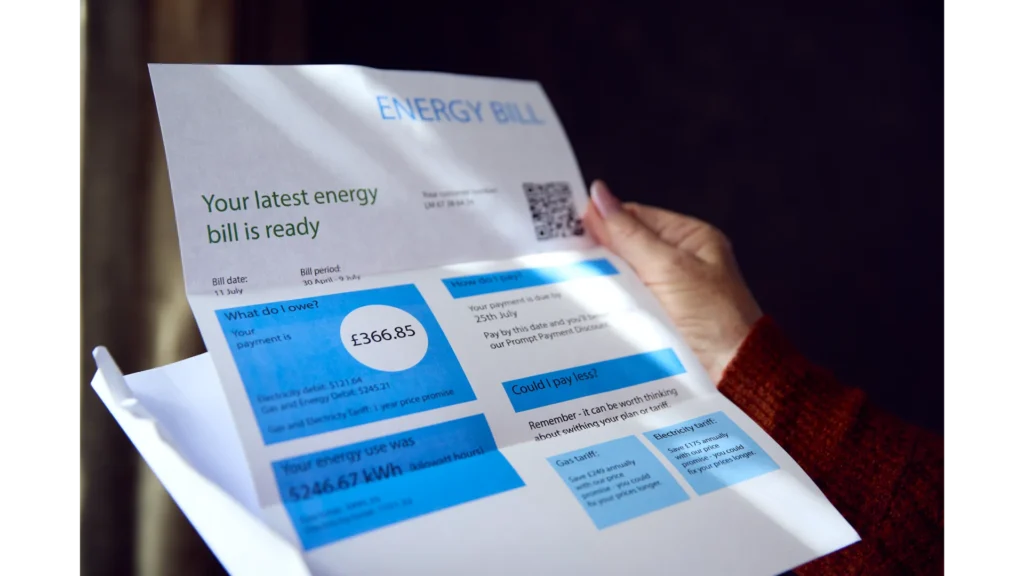
As the world continues to search for alternative energy sources, solar power has emerged as a leading solution for clean and sustainable energy. Solar panels have seen a significant decrease in cost over the years, making them more accessible for residential and commercial use. By harnessing the power of the sun, property owners can enjoy multiple cost-saving opportunities. This article will explore how solar panels can save money and contribute to a greener future.
One of the most significant cost-saving benefits of solar panels is the reduction in electricity bills. By generating electricity from the sun, homeowners and businesses can lower their reliance on the grid and reduce their monthly energy expenses. The actual savings will depend on factors such as the size of the solar panel system, the amount of sunlight in the area, and the local utility rates. However, it is not uncommon for solar panel users to save anywhere between 50-90% on their electricity bills.

Solar panels can add value to a property by providing a long-term, cost-saving solution for energy needs. Research has shown that homes with solar panels sell faster and at a premium compared to homes without solar energy systems. Buyers are increasingly recognizing the value of solar power and are willing to pay more for homes with pre-installed solar panels. This increase in property value can more than offset the initial investment in a solar energy system.
Net metering is a billing arrangement between a solar panel owner and their utility provider. When a solar panel system produces more electricity than needed, the excess power is sent back to the grid. Through net metering, the utility provider credits the solar panel owner for this surplus energy, which can be used to offset future energy costs. This system not only reduces electricity bills but can also lead to a positive cash flow for solar panel owners in areas with favorable net metering policies.
Governments around the world are offering various tax incentives and rebates to encourage the adoption of solar power. In the United States, for example, the federal solar investment tax credit (ITC) allows homeowners and businesses to claim a percentage of their solar panel installation costs as a tax credit. State and local governments may also offer additional incentives and rebates, further reducing the overall cost of installing solar panels. It’s important to research and take advantage of these incentives, as they can significantly shorten the payback period of a solar panel system.
Solar panels are known for their durability and low maintenance requirements. With no moving parts, they are less likely to break down or need repairs. Most solar panel manufacturers offer warranties of 25 years or more, ensuring that the panels will produce electricity efficiently for an extended period. Regular cleaning and occasional inspections are typically the only maintenance tasks required, resulting in minimal ongoing costs.
Solar panels present a viable and cost-effective solution for property owners seeking to reduce their energy expenses and contribute to a sustainable future. By taking advantage of reduced energy bills, net metering, tax incentives, increased property value, and low maintenance costs, solar panels can provide substantial savings over time. As the technology continues to advance and costs decrease, solar power will become even more accessible, making it an increasingly attractive option for those looking to save money and reduce their carbon footprint.
The actual savings will vary depending on factors such as the size of your solar panel system, the amount of sunlight your location receives, and your local utility rates. However, it’s not uncommon for solar panel users to save between 50-90% on their electricity bills.
Net metering is a billing arrangement between a solar panel owner and their utility provider. When a solar panel system produces more electricity than needed, the excess power is sent back to the grid. Through net metering, the utility provider credits the solar panel owner for this surplus energy, which can be used to offset future energy costs.
Yes, governments around the world offer various tax incentives and rebates to encourage the adoption of solar power. In the United States, the federal solar investment tax credit (ITC) allows homeowners and businesses to claim a percentage of their solar panel installation costs as a tax credit. State and local governments may also offer additional incentives and rebates.
Solar panels can add value to a property by providing a long-term, cost-saving solution for energy needs. Research has shown that homes with solar panels sell faster and at a premium compared to homes without solar energy systems. Buyers increasingly recognize the value of solar power and are willing to pay more for homes with pre-installed solar panels.
Solar panels are known for their durability and low maintenance requirements. With no moving parts, they are less likely to break down or need repairs. Regular cleaning and occasional inspections are typically the only maintenance tasks required. Most solar panel manufacturers offer warranties of 25 years or more, ensuring that the panels will produce electricity efficiently for an extended period.
The payback period for solar panels depends on various factors, including the cost of installation, local utility rates, and available tax incentives and rebates. In general, solar panels can pay for themselves in 5-10 years. As the cost of solar panels continues to decrease, the payback period may shorten even further.
While solar panels perform best with direct sunlight, they can still generate electricity under partial shade or cloudy conditions. However, the efficiency and power output will be reduced. It is important to consult with a professional solar installer to evaluate your specific location and determine the best solar panel system for your needs.